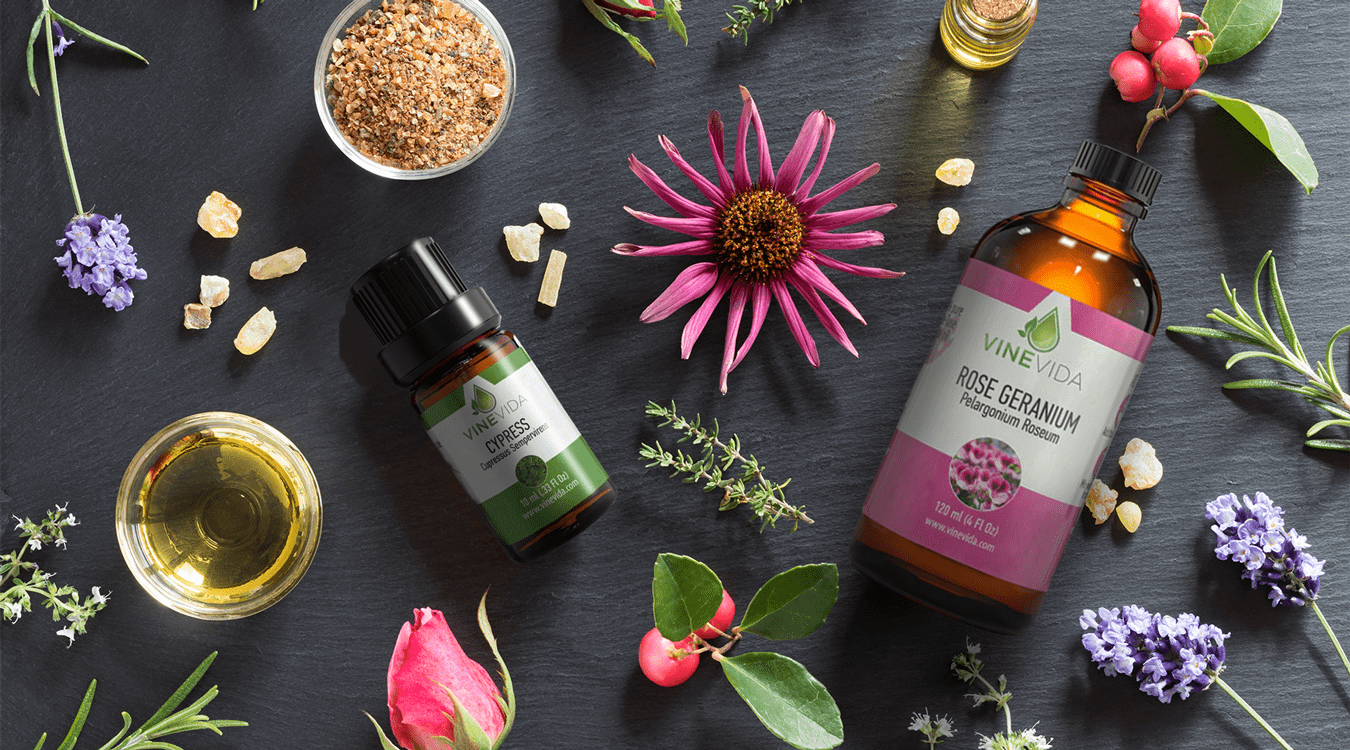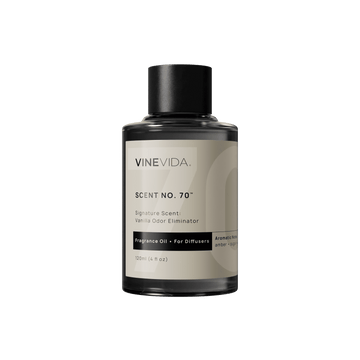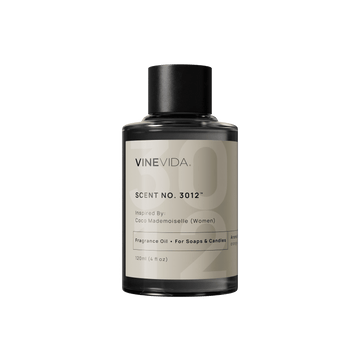Did you know that being an aromatherapist means different things in different countries?
In the States, focus is very much on using the essential oils in diffusers and roller balls. Most usage tends to be either to deal with stress, or to focus on ridding the body of a certain symptom, like a cough or cold.
However, in Britain, the main way to use oils is in massage. Here, the approach is much more holistic, demanding that a therapist be able to recognize vitamin and mineral deficiencies, to advise on diet. A therapist will even refer to chiropractors and osteopaths based on observations they make about someone’s spine during treatments.
In France, the distinction is different again. Essential oils are sold by pharmacists and are sometimes used internally. This has a much safer outcome than it does in mainstream usage, since therapists have far deeper education in dispensary protocols than in other countries.
Aromatherapy, of course, has very ancient links in India, having evolved from branches of Ayurveda. Instead of focusing on specific symptoms, in India, efforts are made to make a harmonious balance of energies. They see the body and personality as being under the control of the doshas, a set of conditions that dictate things like skin dryness and brittleness, through to fiery tempers.
Trends have altered a little in China over the past few years. Historically, Chinese herbs and spices were used as a means of altering energy flow through the body. However, since the International Federation of Aromatherapy has had a stronger presence there, their work is looking more mainstream.














